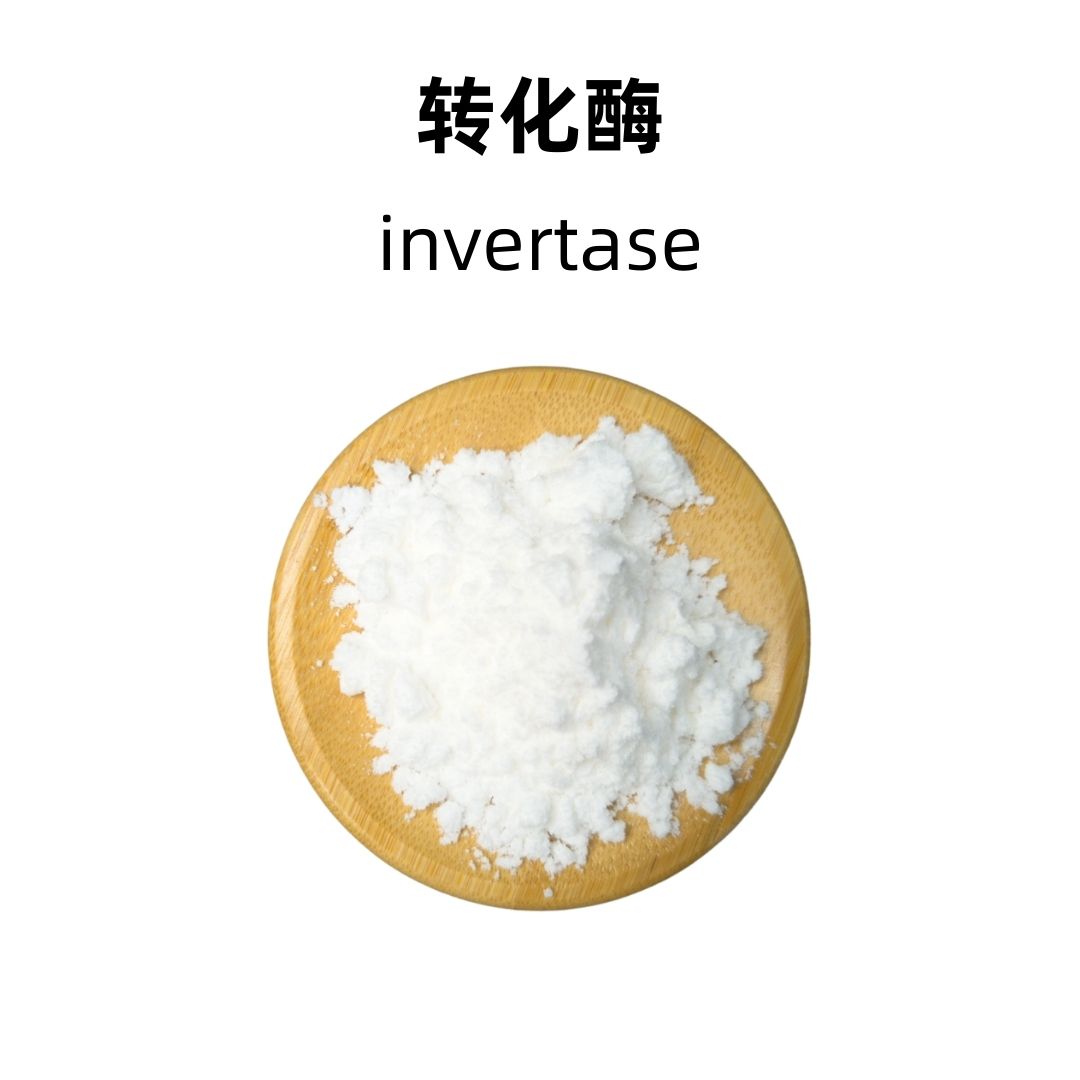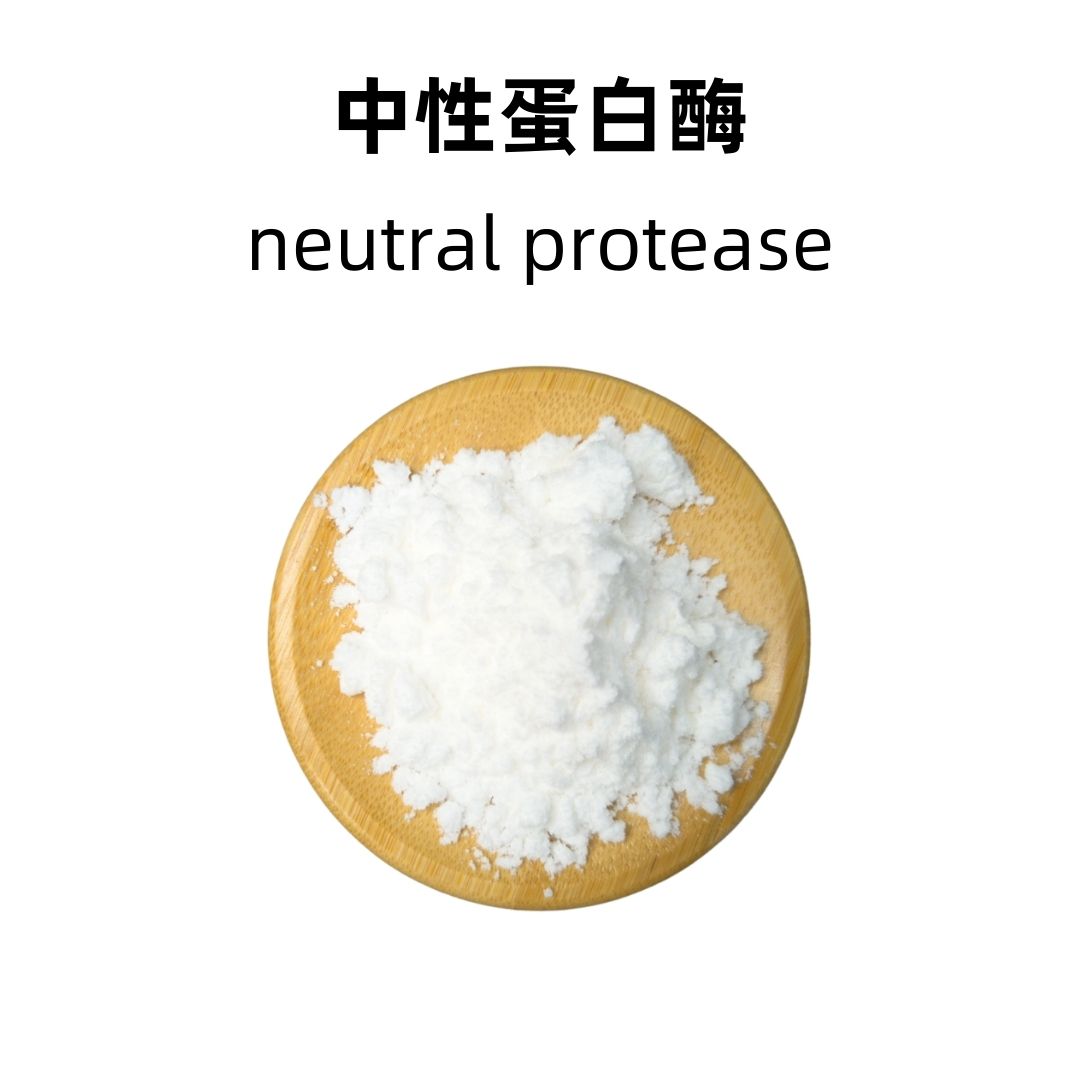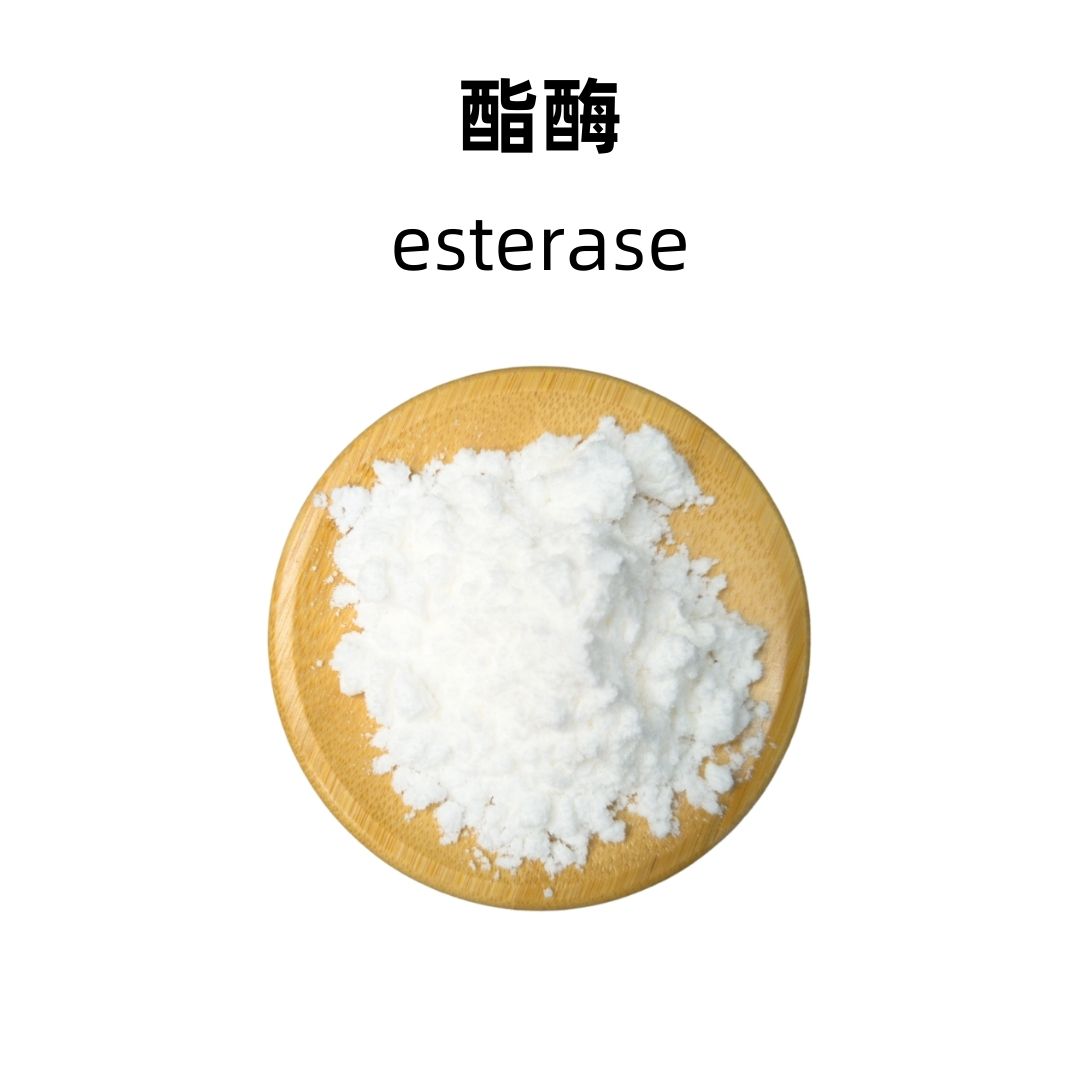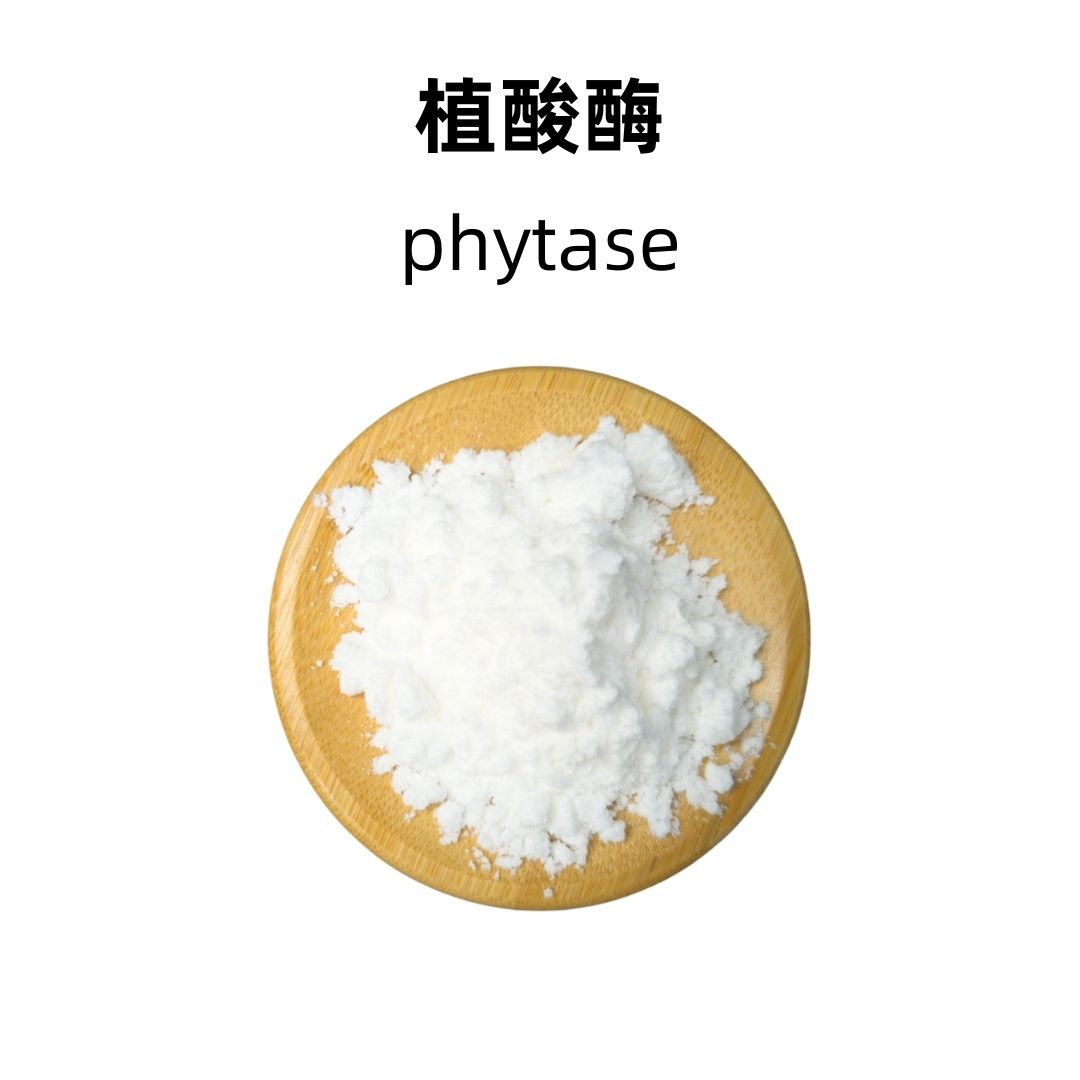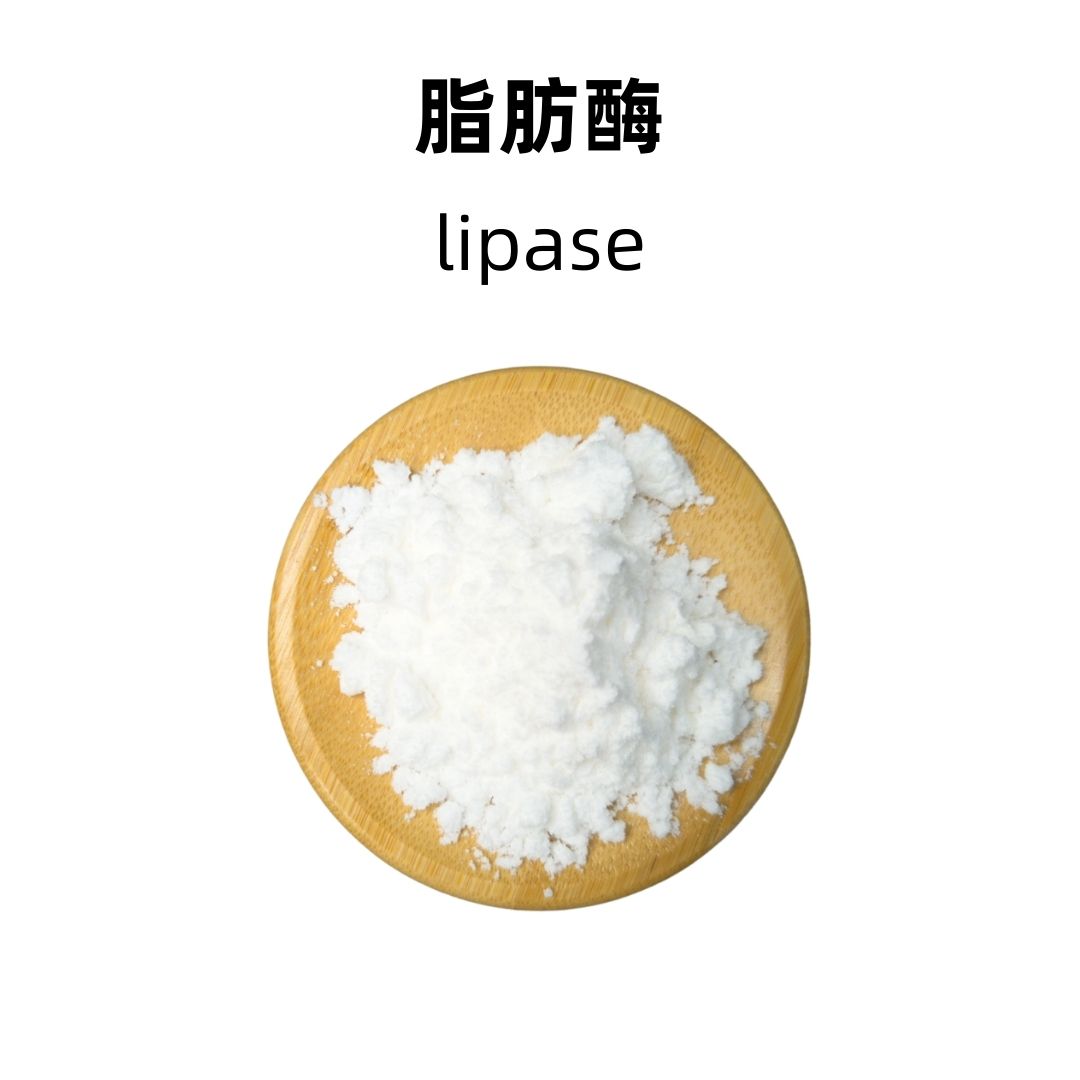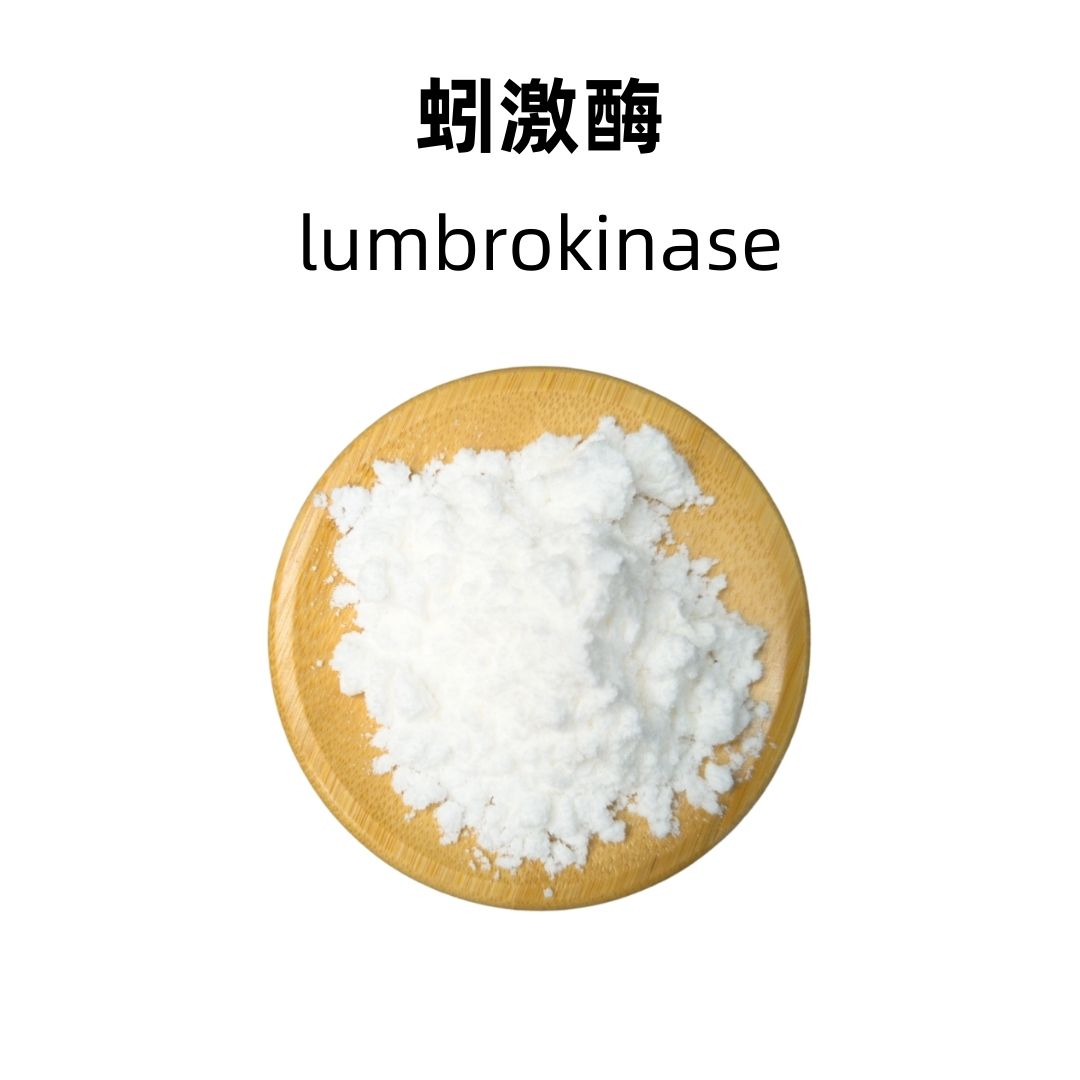Product Introduction
Fungal amylase is an enzyme produced by filamentous fungi, commonly Aspergillus and Rhizopus species. It plays a crucial role in breaking down starch into simpler sugars, making it valuable in various industries. This enzyme is particularly sought after in food processing, where it aids in improving the texture and sweetness of products. Fungal amylase is also essential in brewing, where it helps convert starches in grains into fermentable sugars. The enzyme's efficiency and reliability have established it as a preferred choice in industrial applications.
Production Process
The production of fungal amylase involves fermentation using selected fungal strains. These strains are cultivated in controlled environments, allowing for optimal growth and enzyme production. The fermentation process typically runs for several days, during which the fungi secrete amylase into the medium. After fermentation, the mixture undergoes filtration to separate the enzyme from the biomass. The enzyme is then concentrated and purified through various methods, including chromatography, to achieve the desired purity and activity levels.
Effects and Functions
The primary function of fungal amylase is to hydrolyze starch molecules, breaking them down into smaller sugar units such as maltose and glucose. This enzymatic reaction is crucial in processes that require the conversion of complex carbohydrates into simpler sugars. The presence of fungal amylase enhances the digestibility of starch-rich ingredients. In brewing, this enzyme facilitates a smoother fermentation process by providing fermentable sugars that yeast can utilize. Additionally, the use of fungal amylase in baking can lead to improved dough handling and texture, resulting in lighter, fluffier baked goods.
Application Scenarios
Fungal amylase is widely used in various sectors, particularly in the food and beverage industry. In baking, it is incorporated to optimize dough properties and enhance bread quality. In brewing, its application ensures effective starch conversion, essential for alcohol production. The enzyme is also utilized in the production of high-fructose corn syrup, where it aids in the conversion of starch into fermentable sugars. Furthermore, fungal amylase finds applications in textiles, where it is used to remove starch sizing agents, and in biofuels, where it assists in the conversion of starch into ethanol.
Packaging and Storage
Storage Conditions: The product should be sealed, protected from light, kept away from high temperatures, and stored in a dry, cool, and well-ventilated place.
Packaging: Bulk: 25 kg per fiber drum. Sample: 1 kg per aluminum foil bag. Custom packaging is available upon request.
Shipping Methods: FedEx, DHL, dedicated logistics, and sea freight consolidation.
Shelf Life: Two years.
Monica Sun possesses extensive technical expertise and market insights in the food additives industry. She excels in designing efficient and safe additive formulations tailored to various food applications, ranging from sweeteners to functional dietary fibers. Monica has successfully assisted food manufacturers in optimizing ingredient combinations to enhance product quality and improve consumer satisfaction.









